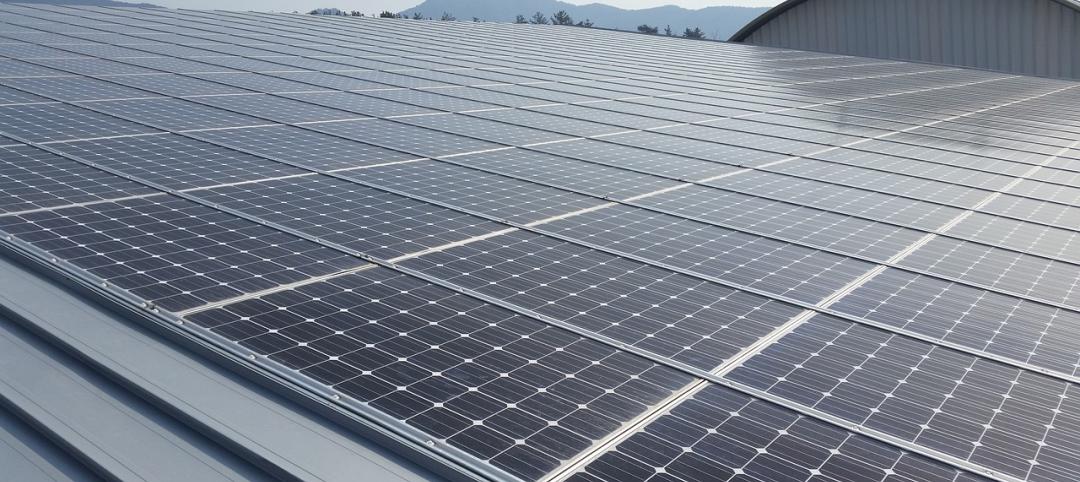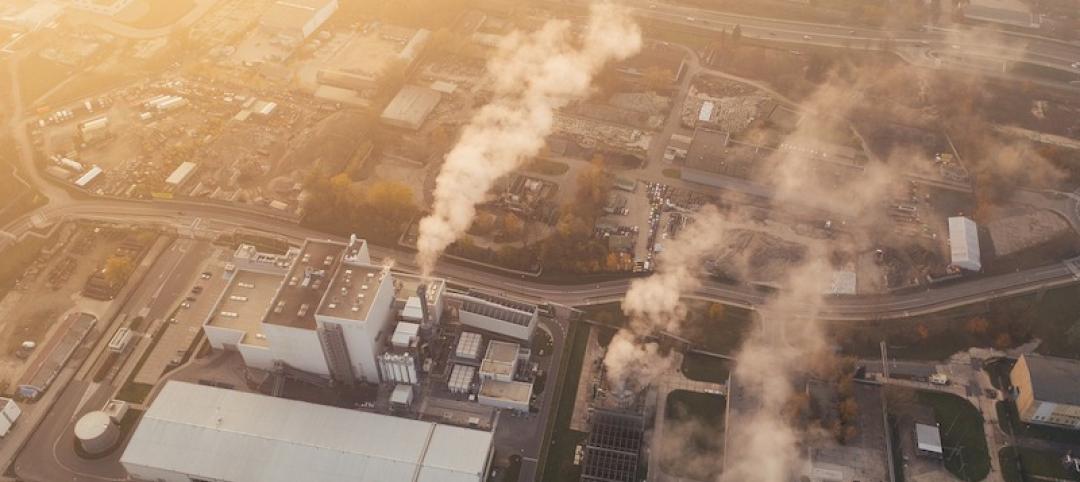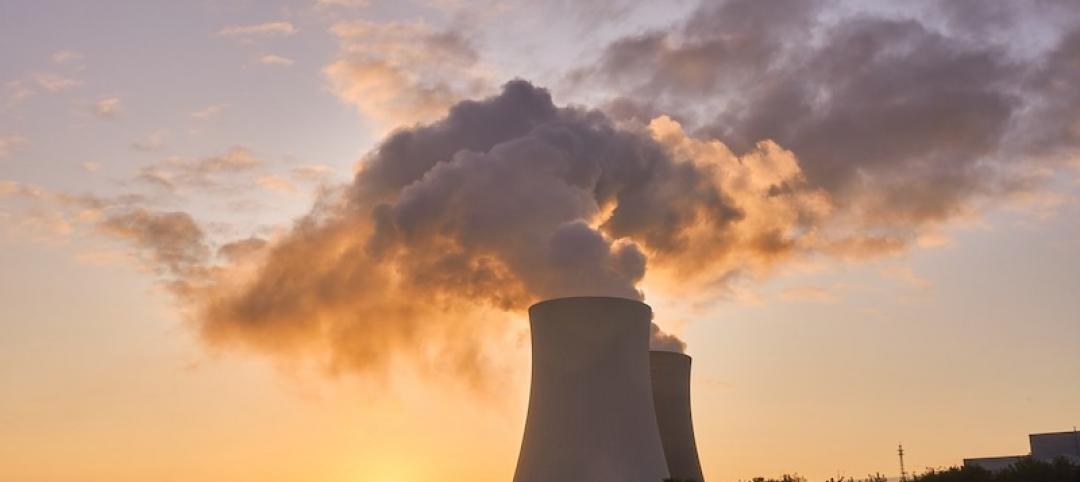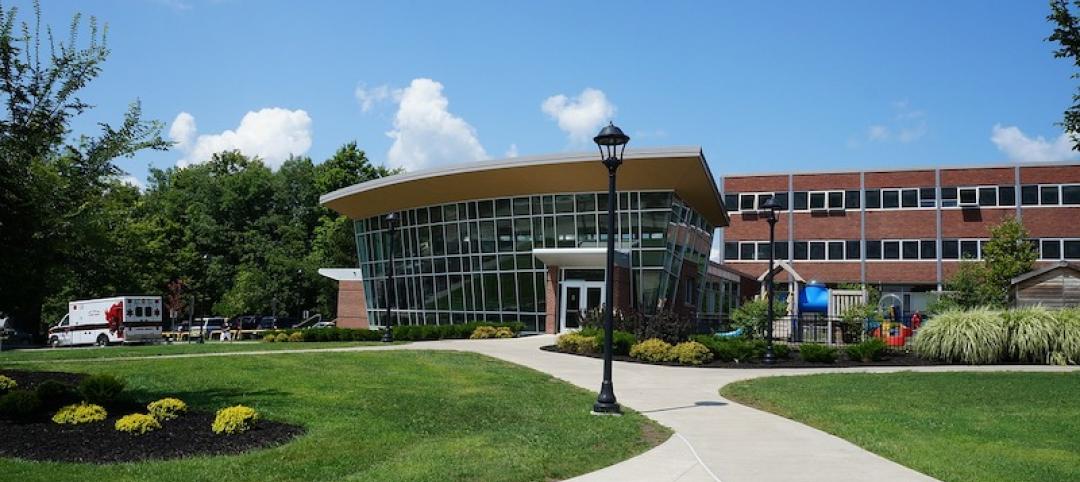The Eugene, Ore., City Council recently passed an ordinance aimed at steeply reducing energy consumption and greenhouse gas emissions. The city of 158,000wants to reduce community-wide greenhouse gas emissions 10% below 1990 levels by 2020, and reduce fossil fuel use by 50% by 2030.
Eugene is developing an energy inventory for its entire economy. After that is completed, it will consider voluntary energy-saving measures in the private sector, such as easier permitting for energy-efficient construction and energy performance scores for commercial buildings. The city will also consider other measures like commercial food-waste composting in restaurants and grocery stores to reduce methane emissions from landfills.
Eugene has made significant progress in reducing emissions recently from transportation without any concerted plan. Transportation emissions have dropped 2.5% per year since 2010, despite some population growth. This is largely due to economic and cultural shifts: the recession, the rise of telecommuting, online shopping and entertainment, transit, biking, more efficient cars, and higher gasoline prices. The city has encouraged these trends by improving bus service and developing a master plan for sidewalk and bike path improvements.
City government has rejected hard caps on emissions to date, focusing instead on voluntary measures and incentives for the private sector.
(http://grist.org/climate-energy/what-can-small-cities-do-to-fight-climate-change/)
Related Stories
Codes and Standards | Sep 3, 2020
Turner Construction takes strong stand against racism
Shuts down work sites for anti-bias training.
Codes and Standards | Sep 2, 2020
California releases guide for state water policy
Water Resilience Portfolio is roadmap for meeting water needs as climate changes.
Codes and Standards | Aug 31, 2020
Fenestration alliance updates fenestration sealants guide
First update to 2009 document.
Codes and Standards | Aug 25, 2020
Platform will allow researchers to test energy system integration at scale
The U.S. Department of Energy’s (DOE’s) National Renewable Energy Laboratory (NREL) recently launched the Advanced Research on Integrated Energy Systems (ARIES) platform.
Codes and Standards | Aug 20, 2020
Wariness of elevators may stymie office reopening
Workers could balk at returning to high-rises.
Codes and Standards | Aug 19, 2020
Existing laws may be restricting efforts to cut carbon emissions
Outdated policies favor fossil fuels.
Codes and Standards | Aug 18, 2020
Florida becomes the third state to adopt concrete repair code
Sets minimum requirements for design, construction, repair of concrete structural elements in buildings.
Codes and Standards | Aug 17, 2020
ASCE seeks comments on seismic standard
Pertains to design criteria for nuclear facilities.
Codes and Standards | Aug 13, 2020
COVID-19 reboot guide offers strategies for reopening K-12 schools
Looks at space considerations for reopening at different scales.
Codes and Standards | Aug 12, 2020
Document provides guidance for mass timber construction
Overview of Intl. Building Code requirements included.
















